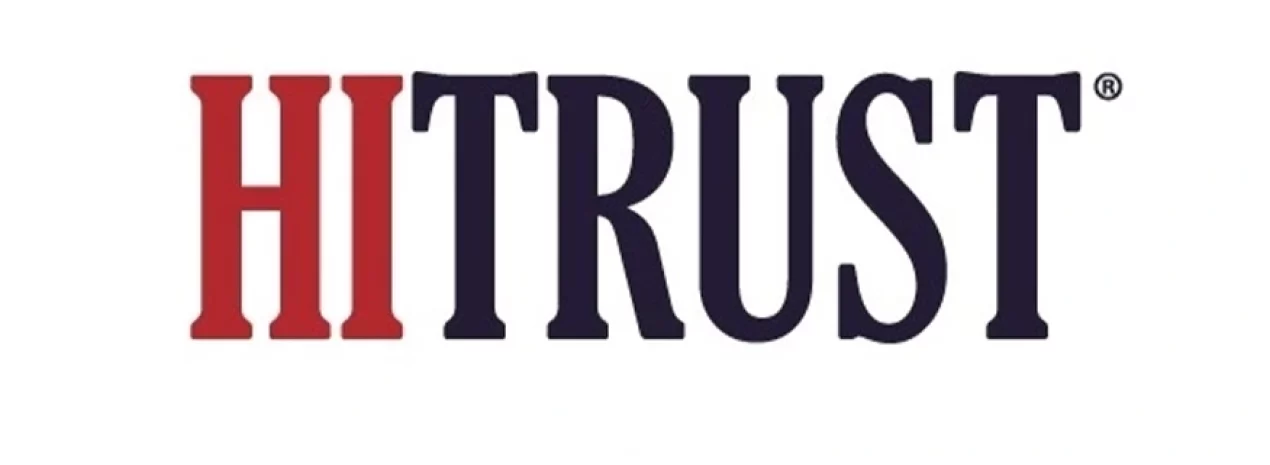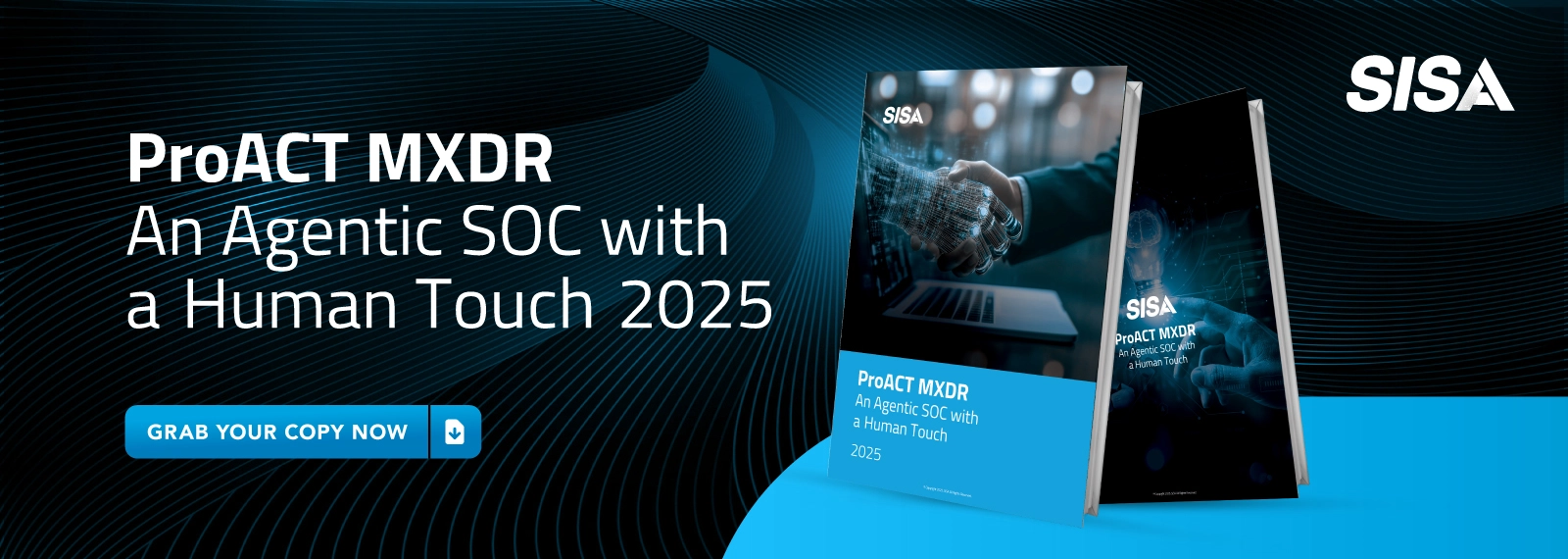
What is HITRUST Certification? Importance, Assessments, and Benefits Explained
In today’s interconnected digital landscape, data security and privacy have become paramount concerns for organizations across industries. Organizations need robust frameworks to safeguard data and ensure compliance with various regulations. The HITRUST Common Security Framework (CSF) has emerged as a comprehensive solution to address these concerns, offering a structured approach to managing regulatory compliance and risk management. This article delves into what HITRUST certification is, its importance, and the benefits it offers to organizations striving for robust data security.
What is HITRUST Certification?
HITRUST, which stands for Health Information Trust Alliance, is a certifiable framework that provides a unified set of controls and requirements tailored to manage information risk in organizations handling sensitive information. HITRUST certification is built on the HITRUST CSF (Common Security Framework), integrating multiple standards and regulations such as HIPAA, ISO, NIST, PCI, and GDPR. It provides organizations with a scalable and flexible approach to managing compliance and risk, ensuring they meet the highest standards of information protection.
Key Components of HITRUST Certification
- HITRUST CSF: A robust framework that combines multiple compliance standards.
- Assessment: Organizations undergo a thorough assessment to identify gaps and areas of improvement.
- Certification: Achieving certification demonstrates adherence to the highest standards of data protection and security.
Types of HITRUST Assessments
To accommodate the varied security needs and maturity levels of organizations, HITRUST provides several types of assessments:
HITRUST Readiness Assessment
This is a preparatory step to help organizations identify areas for improvement to prepare for a validated assessment. It enables entities to understand the CSF requirements better and identify areas where they may need to improve their security and compliance measures before undergoing a more formal evaluation.
HITRUST Validated Assessment
This is a comprehensive assessment conducted by a HITRUST Authorized External Assessor. It involves an in-depth review and testing of the organization’s compliance with the CSF controls. A successful validated assessment leads to a HITRUST Validated Report, which is a significant step towards certification but does not confer it by itself.
HITRUST CSF Certification Assessment
The HITRUST CSF Certification Assessment is the final step in achieving HITRUST Certification. This assessment builds on the Validated Assessment, focusing on the consistency and sustainability of the implemented controls. Organizations must demonstrate ongoing compliance and improvement to maintain their certification status.
Interim & Bridge Assessments
These are follow-up assessments conducted between regular validated assessments to ensure ongoing compliance. Interim assessments typically occur annually after the initial certification to validate that the controls are still effectively implemented. Bridge assessments might be required when significant changes occur within an organization, or there are updates to the CSF requirements, ensuring continuous compliance.
Importance of HITRUST Compliance
HITRUST compliance is increasingly recognized as a critical component of an organization’s security and compliance strategy. Its importance can be understood in the following contexts:
- Regulatory Adherence: HITRUST compliance ensures that organizations adhere to multiple regulatory requirements through a single framework. This is particularly important in the healthcare industry or payments industry, where regulations such as HIPAA and PCI DSS are stringent and critical for protecting sensitive information.
- Enhanced Security Measures: Achieving HITRUST certification means that an organization has implemented robust security measures. This certification demonstrates a commitment to safeguarding sensitive data against breaches and cyber threats.
- Risk Management: HITRUST provides a comprehensive risk management framework, helping organizations identify, assess, and mitigate risks effectively. This proactive approach is essential for maintaining the integrity and confidentiality of data.
Key Benefits of HITRUST Certification
The benefits of achieving HITRUST compliance are multifaceted, impacting various aspects of an organization’s operations and strategic objectives:
- Trust and Credibility: Organizations with HITRUST certification signal to clients, partners, and stakeholders that they prioritize data security and compliance. This builds trust and enhances credibility in the marketplace.
- Streamlined Compliance Processes: By integrating various regulatory requirements, HITRUST simplifies the compliance process. Organizations no longer need to manage multiple frameworks, reducing complexity and administrative burden.
- Competitive Advantage: HITRUST certification can serve as a differentiator in the marketplace. It demonstrates that an organization meets the highest standards of information security, providing a competitive edge.
- Reduced Risk of Breaches: Implementing the comprehensive security controls required for HITRUST Certification significantly reduces the risk of data breaches. This proactive approach to security can prevent costly incidents and protect an organization’s bottom line.
- Operational Efficiency: Implementing HITRUST’s comprehensive framework can lead to improved operational efficiency. Organizations benefit from standardized processes, reducing redundancy and improving overall productivity.
Conclusion
In an era where data breaches and cyber threats are ever-present, HITRUST certification offers a comprehensive and effective solution for managing risk, ensuring compliance, and protecting sensitive information. By pursuing HITRUST compliance, organizations can enhance their security posture, achieve regulatory readiness, and build trust with their stakeholders. As such, HITRUST certification is not just a compliance requirement but a strategic imperative for organizations committed to maintaining the highest standards of information security. As the regulatory landscape evolves, HITRUST will continue to be a vital framework for organizations committed to protecting sensitive information.
To learn more about HITRUST Certification, different types of assessments, and to start your journey towards achieving HITRUST compliance, reach out to our experts today.
Latest
Blogs
Whitepapers
Monthly Threat Brief
Customer Success Stories
 USA
USA India
India APAC
APAC Middle East
Middle East Global
Global






 Facebook
Facebook Linkedin
Linkedin  X
X Youtube
Youtube






